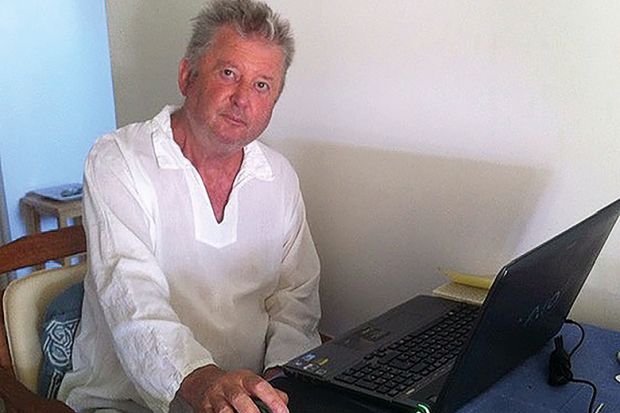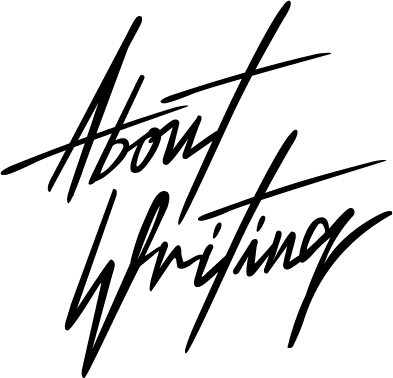
I heard the best writing advice on the first morning of my University degree, even though I didn’t fully realise until years later. Carl Tighe, pictured above, was the head professor of Creative Writing. He said that I would learn nothing in his lectures that I couldn’t learn myself through reading fiction.
This turned out to be untrue, of course, because the real lesson of studying Creative Writing at University – and creative disciplines in general – is the encouragement and expectation to take your passion seriously. Your art isn’t your hobby or something you do in your spare time. It’s everything. You learn thousands of other things too, but the invitation end expectation to take it seriously is invaluable.
So why did Carl say that?
He wasn’t dismissing the value of the degree; he loved the degree, and loved writing. Carl only wanted to underline the importance of reading. And he was right. Through university, I read dozens of books by writers, for writers, about writing advice, and they all prioritized the habit of reading. You’ve got to read in the right way, paying attention to more than what’s happening to the characters. It helps if you read the right books, of course, but, first and foremost, you have to read. You’ll learn everything you need to know.
Reading has taught me so much, and I do attribute whatever talent I have to the great books I have read. Still, the reason Carl’s writing advice is the best anyone has ever given me goes deeper than that. It was layered, installing within me the knowledge that I can always help myself and improve.
The long-term gift of reading.
In the years that followed university, without daily lectures, without assignments, without the company of fellow writers, and without being forced to think about writing every day, I learned that my desire to write was totally self-driven. I didn’t need anyone to tell me to write. I didn’t need paychecks to write. And I didn’t need time to write either, because I’d always find it, somewhere. Crucially, I didn’t need outside confidence or guidance, and that’s partly because of Carl’s advice. It set me up for a lifetime.
Because, as I sit in my room today, surrounded by books, I know I have everything I could ever need. Becoming a better writer is within my reach. That’s empowering, and it will continue to be for my entire life. It’s an arm’s reach away. It’s up to us.
Carl died last year, but he lives on, through his family, his fiction and non-fiction publications, and his students. I still think of his lessons and advice. The importance of reading is a simple piece of advice that every writer has heard. But I like to think that Carl knew exactly what he was doing by choosing to share this particular lesson at such a critical moment. Impressionable and intimated on the first day of University, how could I ever forget? He could have said anything. He was a great teacher.
If you’re interested in reading more about Carl, visit his personal website here.
